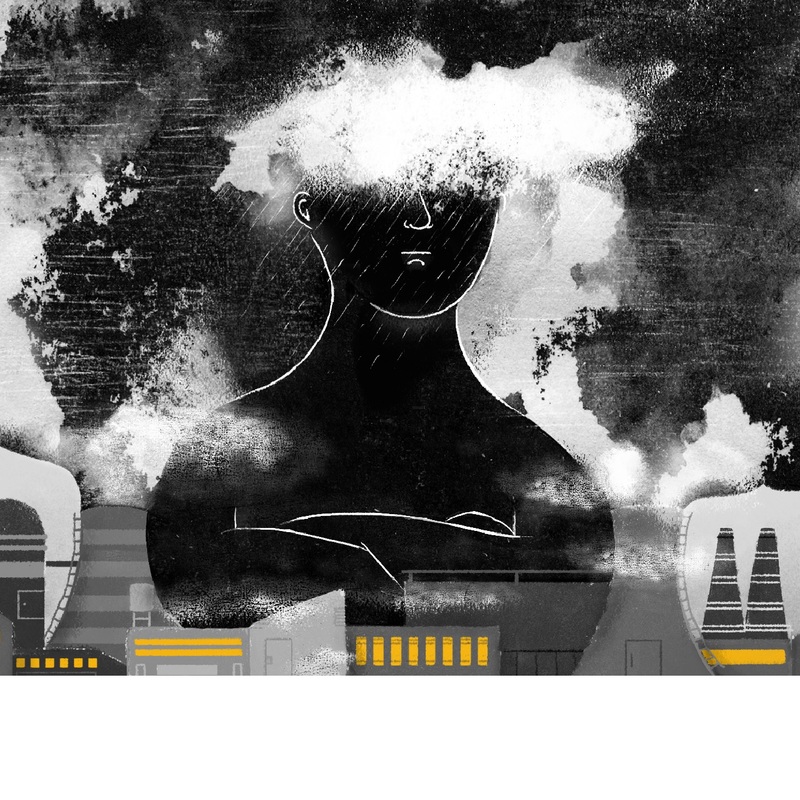Search
Editorial Volume 7, Issue 6
DOI: 10.17160/josha.7.6.731
The Journal of Sciences, Humanities and Arts wants to move on in 2021 to provide you many more articles in your favorite research fields and further exciting artworks. The whole Journal-Team wishes you a happy new year 2021!
Why the biomedical Sciences need Philosophy: theoretical and practical Reasons illustrated with examples from the BioThera Institute of Philosophy
DOI: 10.17160/josha.8.1.728
The biomedical sciences need philosophy on at least two levels. Firstly, we can find strong arguments that recognize the need for philosophy on a theoretical level, such as the development of scientific theories that in turn can have effects such as the development of new treatments or other medical interventions. However, philosophy, and particularly bioethics, is necessary for the biomedical sciences at the practical level, that is, in the daily practice of science and the achievement of its goals and results. In this work, we will reconstruct some of the arguments that point out the importance of philosophy for science on a theoretical level, and, furthermore, we will argue that these same conceptual tools of philosophy can be useful on a practical level of biomedical sciences too.
Breast Implant Illness (BII)
DOI: 10.17160/josha.7.6.725
BII is not an official medical diagnosis. Women with breast implants who experience a variety of physical symptoms often associate them with their breast implants, referring to them as Breast Implant Illness (BII). These symptoms include, for example: fatigue, chest pain, hair loss, headache, chills, sensitivity to light and other chronic pain, rash, body odor, anxiety, drowsiness, sleep disorders, depression, and even neurological and hormonal problems. Affected patients attribute their issues to their implants, whether they be filled with saline or silicone, textured or smooth.. The recent surge in patients reporting symptoms of BII appears to be due to social media. There is a Facebook group of more than 50,000 members, all of whom report symptoms of BII. This is not to say that social media is the cause of the BII, but it may be responsible for the rapid increase in awareness and coverage.
The Empowerment of Women and Children in India
DOI: 10.17160/josha.7.6.724
The empowerment in the view of the women in India is necessary because the women population contributes more than 49% of the nation. A woman is like a captain of the ship and she is having the responsibility in leading the family, balancing the economic condition of the family, and also having the responsibility of educating the children. The empowerment of children is also necessary, in the view of the progress of the nation, because they are the future citizens of the country. The future of the nation depends on the well being of the children. If they are physically and mentally fit, then only they can contribute for the leading of the nation.
Editorial Volume 7, Issue 5
DOI: 10.17160/josha.7.6.720
Dear JOSHA readers, In this bi-monthly issue we will present you the 2020 Demetrios Award winners. Five prizes go to young researchers in the categories Bachelor, Master and PHD. In addition, there are many other interesting contributions to discover. Finally we would like to remind you that you can support us with a small donation. http://josha-journal.org/en/donate Visit our social media #joshajournal and get to know us from the Instagram gallery and the Facebook wall. Remember that you can comment on the articles and also provide your star ranking.
External Actors and Democratization Process in Nigeria's Fourth Republic: The Case of the United States of America
DOI: 10.17160/josha.7.6.719
This paper examines the role of external actors in the democratization process in Nigeria’s Fourth Republic with a focus on the United States of America. Democracy promotion abroad is a relatively recent phenomenon in international relations. It became a focus of study and/or foreign policy consideration in international relations after the end of the Cold War, which made the US a unipolar global power. Thus, democracy promotion abroad since this time became a major element in the US foreign policy. This coincided with the demand for democratic change in Nigeria, which got to a head with the annulment of the June 12, 1999 presidential election by the military government of General Babangida. Thus, the motivation for this paper is the desire to understand the role of external actors, especially the US, in the democratization process in Nigeria’s Fourth Republic.
The Chrysalis Project
DOI: 10.17160/josha.7.5.718
A convocation speech of Dr. Joachim Frank (Columbia University), alumnus of the University of Freiburg, to the students of the Indraprastha Institute of Information Technology (IIIT) Delhi on September 26, 2020. The author expresses concerns regarding the current pandemic and suggests that this might be a good opportunity to rearrange the world, rather than going back to normal.
Health Impact Fund
DOI: 10.17160/josha.7.5.717
As currently designed, pharmaceutical markets have a fundamental flaw that mainly affects poor people: the development of new medicines is funded exclusively through markups protected by patents. This flaw causes research neglect of diseases concentrated among the poor. It deprives poor people of access to patented medicines even when these can be mass-produced cheaply. And it encourages suboptimal treatment with medicines that earn much higher markups than those that are best for the patient. The Health Impact Fund would create complementary incentives that delink the price of medicines from the fixed costs of innovation and cover the latter through health impact rewards. The webinar addresses issues of global health and the solution of the Health Impact Fund in the light of the current COVID-19 pandemic.
The Complexity of the Venturi Contradiction
DOI: 10.17160/josha.7.6.716
The purpose of this review is to explore Venturi’s approach to architecture as based on new insights into two of his books, Complexity and Contradiction in Architecture and Learning from Las Vegas, coupled with critiques from Peter Blake and Louis Huxtable and one of Venturi’s last interviews. Modern architects often confuse orderliness with order, which creates works that Venturi would describe as without meaning in the world. Even though many modern architects would argue that Venturi’s ideas and works are contradictory, Venturi would respond that contradiction accommodates order. Venturi wanted modern architects to realize only one thing—perfection in the architectural world can and should include imperfection, in all its forms.
The Tell Tale Heart
DOI: 10.17160/josha.7.5.713
During the first week of December 1952, a dense toxic fog settled over London, resulting in a total excess of 4,000 deaths compared to the previous week. The magnitude of this event, in terms of the number of people affected, finally confirmed that air pollution caused by human activities can be deadly. For the first time in history, humans became aware of the urgent need of building a relationship with the environment that achieves, in addition to their own development, their survival. The Great London Fog of 1952 is a milestone in air pollution epidemiology and environmental toxicology. This is the story. Previously published at: https://elgatoylacaja.com/ on July 23rd 2018.




.jpg?1604558362)




